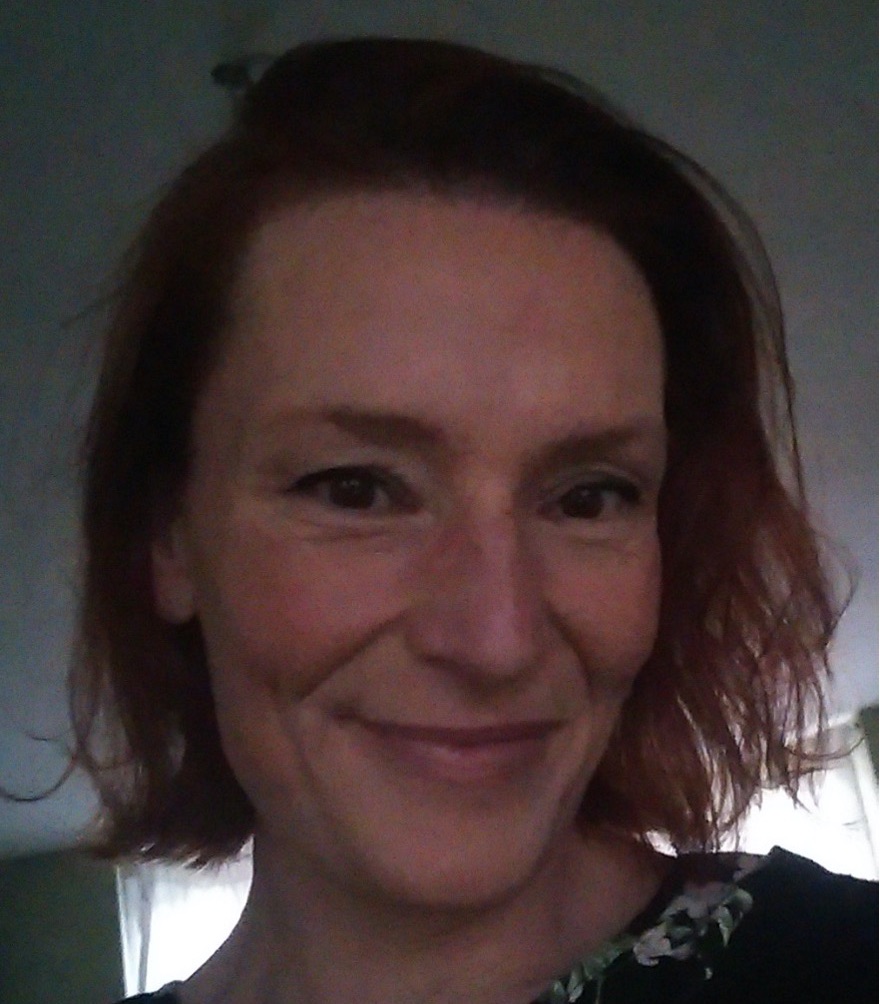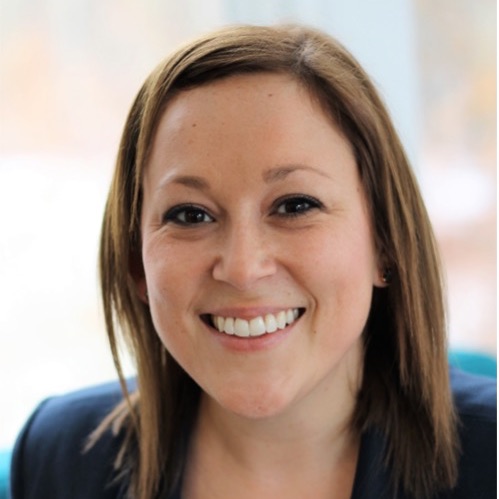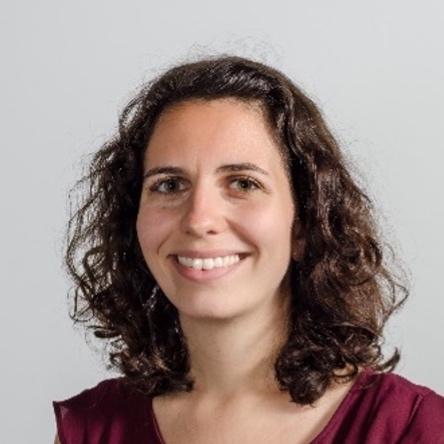Women shaping the next generation of water solutions
Xylem is focused on advancing diversity, equity and inclusion. Bringing together different voices with different perspectives is key to fueling innovation, as we work with our customers to help solve the biggest water challenges of our time: water scarcity, water affordability, and resilience to climate change and other major threats.
"As we celebrate International Women’s Day, we are proud to support #ChoosetoChallenge," said Xylem President & CEO Patrick Decker. "We are committed to promoting diversity, equity and inclusion across our organization, our industry and the global community. Together we can drive innovation and progress, and help create a more sustainable and equitable world."
We are proud to spotlight some of the women innovators on our team who focus on leveraging digital technologies to reshape water management:
Dr. Lindsay Birt
Client Solutions Manager, Xylem
South Bend, IN, USA
Ph.D. in Agricultural and Biological Engineering
In August 2021, Dr. Lindsay Birt was awarded with the US Water Prize for Outstanding Rising One Water Leader in recognition for her work advancing sustainable, integrated, and inclusive solutions to water challenges by the US Water Alliance. “With her extensive understanding of water from engineering, management, and design perspectives, her whole watershed mindset and approach to collaborative work, and her commitment to achieving equity in the water sector, Dr. Lindsay Birt thoroughly possesses the qualities of an outstanding One Water leader.” , said the US Water Alliance
What are you working on now?
I collaborate with clients, utilizing state-of-the-art technology and techniques to evaluate water and wastewater system performance, develop optimized control strategies and infrastructure alternatives to maximize system conveyance and capture, and deliver information to operations through real-time decision support systems (RT-DSS). I am working to transform the way we think about managing water utilities – through upstream and downstream partnerships to achieve healthy watersheds, also known as the “watershed state of mind.”
How did you find yourself working in water?
Since the time my mother took me to “mommy and me” swim classes, I have always been drawn to water and water quality. Growing up in a rural suburb in southeast Texas, I enjoyed playing in the nearby forests and walking along creeks, but as I began to grow up, I saw the impact to our local environment because of urban sprawl and increased impervious surfaces. My quiet little sanctuary of a playground now led to increased street flooding, polluted creeks and more concrete. I think my experiences growing up play a pivotal role in my interest to help others solve water.
On the importance of advancing women in water:
My personal mission is to encourage students of diverse backgrounds to pursue careers in water. As a female of color in the water profession, I am igniting change in the water profession to be more inclusive of diverse experiences and viewpoints and to catapult Xylem’s initiatives that interconnect water, people and the environment. To foster this approach, I organized an abstract on diversity and inclusion for 2021 WEFTEC in collaboration with WEF InFLOW student scholars, industry, academia and municipal sectors thanks to the support and sponsorship of Xylem.
Nicole Pasch
Client Solutions Manager, Xylem
Grand Rapids, MI, USA
Master’s in Business Administration
What are you working on now?
Keeping the Great Lakes great and affordable! Many of my clients’ systems either draw from and/or discharge to one of our Great Lakes or tributaries. Like many communities across our nation there are disparities in income, diversity, accessibility, etc. Utilizing digital solutions has been key in our geographic area to address compliance in the most affordable way possible, while sustaining our natural resources.
How did you find yourself working in water?
I grew up and live in Michigan; we are water people by nature. I knew I wanted to find a career in a field of environmental sustainability from a very early age.
On the importance of advancing women in water:
Every voice matters. Water benefits when all voices contribute to think bigger, bolder and beyond the status quo!
Dr. Sepideh Yazdekhasti
Decision Scientist/Risk Analytics Manager, Xylem
Columbia, MD, US
Ph.D. in Civil Engineering
What are you working on now?
I’m involved in developing solutions for asset managers to be able to make informed, proactive decisions to better manage their water pipelines. The goal is to provide innovative, actionable strategies by integrating data, analytical tools, statistical models, domain knowledge and artificial intelligence.
How did you find yourself working in water?
It may seem cliché, but getting to work on groundbreaking projects that aim to address issues within our community was why I chose engineering as my major. Later, having so many unanswered, yet critical questions in the water industry caught my attention, and that’s how I ended up on this path.
On the importance of advancing women in water:
I have been fortunate to encounter many independent and courageous women in both my personal and professional life, including women innovators and change makers who are pioneering the next generation of water technologies. Women bring a perspective and voice that is of equal importance and value as men.
Kristina Macro
Hydroinformatics Engineer, Xylem
Buffalo, NY, USA
M.S. Environmental and Water Resources Engineering
What are you working on now?
I’m currently working closely with two utilities to reduce combined sewer overflows in a cost-effective way and manage assets more efficiently through real-time control and decision support systems (RT-DSS). I’m supporting key components of RT-DSS implementation, such as developing control logic and designing operational recommendation dashboards.
How did you find yourself working in water?
I always knew I wanted to help solve the world’s environmental issues, so I went into environmental engineering. There was a focus on water in my undergraduate program, and my interests gravitated towards water resources management and modeling.
On the importance of advancing women in water:
The people making decisions need to be representative of the communities they serve. This ensures that the impact of those decisions will be equitable. Bringing diverse perspectives to the table also drives innovation, and with all the water issues we face, the more ideas the better!

Ruth Clarke
Business Development Manager, Xylem
Oxford, UK
Master’s in Water Resources Engineering and Management
What are you working on now?
Currently, I am delivering smart water network projects to a number of large water and wastewater utilities to help them meet numerous challenges set by the regulator, including reduction in leakage, reduction in interruption to supply, etc. I’m also working with another water utility, looking at reducing emissions as well as energy at wastewater treatment works.
How did you find yourself working in water?
I was very good at maths at school; my father was a mathematician and one of my sisters and my brother both studied maths at university. I wanted to do something different that still involved maths, so I chose to study civil and structural engineering. I discovered an interest in computational fluid dynamics through this.
On the importance of advancing women in water:
Having a balance of all kinds of people in terms of gender, race, ethnicity, religion, socio-economic background, education and experience is important. Differing ways of seeing the world can only help people learn from each other and generate discussion and new ideas.



